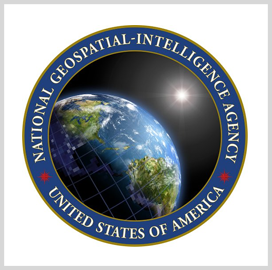The Federal Trade Commission is soliciting public feedback on its plan to update digital advertising and marketing guidelines the agency first released almost a decade ago to protect online buyers of goods and services from deceptive commercial practices.
FTC said Friday that it wants input on seven technical and legal issues, including the presence of “dark patterns” or website and mobile application designs that can influence buying decisions.
The planned business resource update is meant to stop businesses from using the agency’s existing guidance document as a defense for intentional and misleading sales tactics.
According to FTC, some companies hide disclosures behind hyperlinks and cite the guide to avoid any liability claims.
“We are looking to update the guides to make clear that online tricks and traps will not be tolerated, and we look forward to hearing from the public on this initiative,” said Samuel Levine, director of the Bureau of Consumer Protection.
The public comment period is open through Aug. 2, with the submission instructions available for viewing on Regulations.gov.







